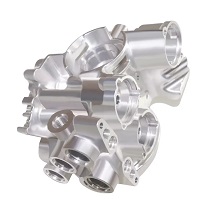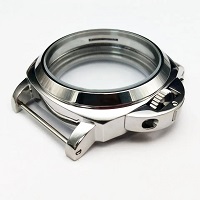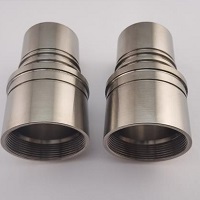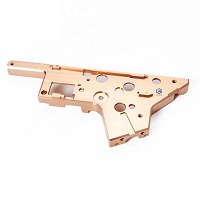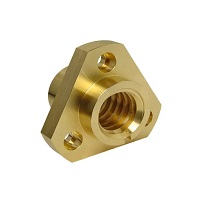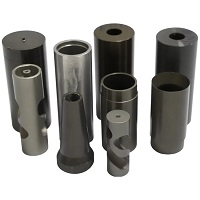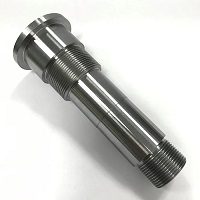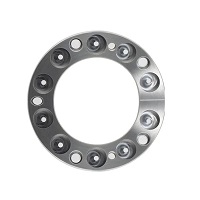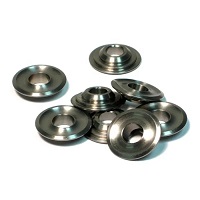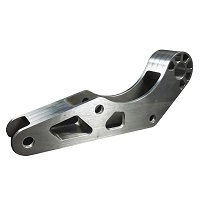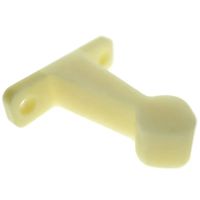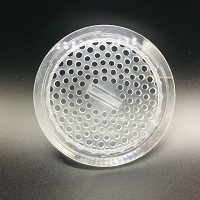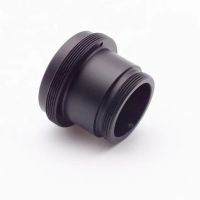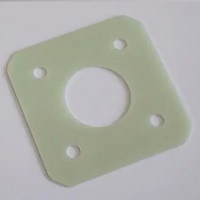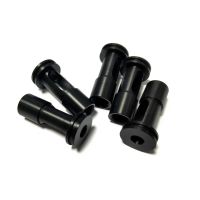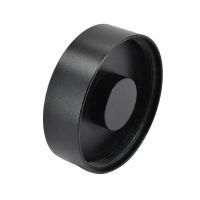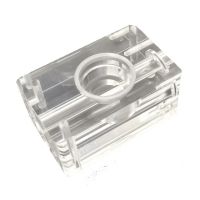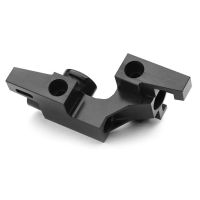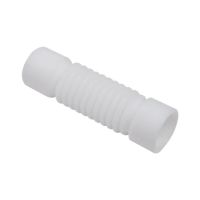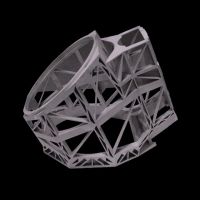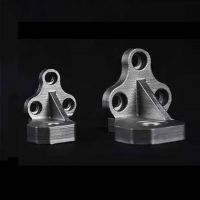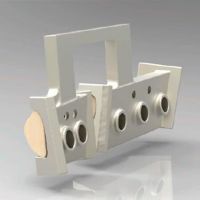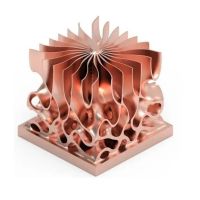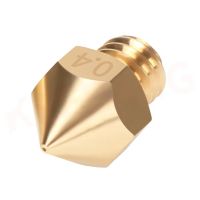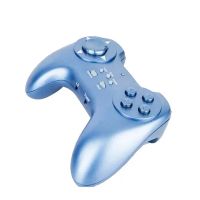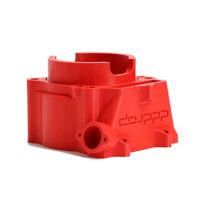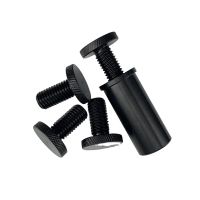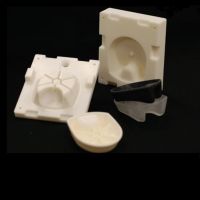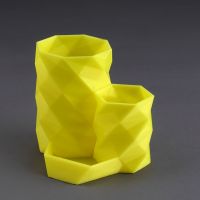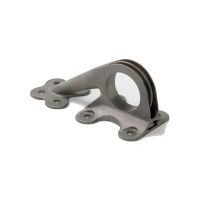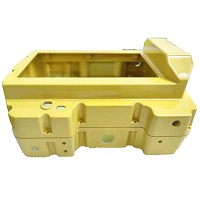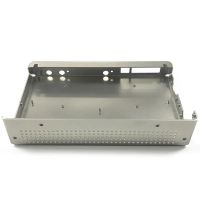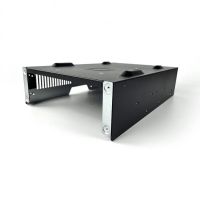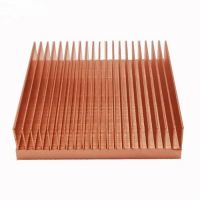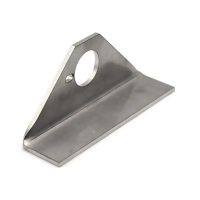Material Selection Guide
There are many materials suitable for your project. To find a suitable material for the product, it is restricted by many factors. A basic principle that needs to be followed is: the performance of the material must meet the various technical requirements of the product and the environmental use requirements.
Tuofa will choose the most suitable material to realize your project design according to different application requirements, so as to create the most perfect product.
Use the Most Suitable Materials to Live Up to Every Creativity
We understand that high quality and service are essential in today's market. The continuous success of Tuofa Machining Manufacturer can be attributed to the advanced technology and on-time delivery we provide for your prototype parts and the manufacturing specifications of mass production.

Prototype Manufacturing
Our minimum order quantity is 0. Tuofa's efficient R&D capability and advanced prototype manufacturing workshop can quickly bring your products to the market, which will help you save time to market.

Drawing Design
During design and manufacturing, our mechanical engineer team can ensure the stability of product performance for the best practice from product design to product testing. The development process you see is of high quality.

Mass Production
Provide all-round customization services from proofing, expediting, mass production and other aspects to help you shorten the cycle of mass production of products. Meet the capacity requirements of small batch orders and large batch manufacturing while ensuring quality
CNC Machining Metals
For prototypes and end-use parts, precision is a very important aspect of CNC machining metals. Accuracy means you get parts that look and feel exactly as you designed them, with no errors that could affect mechanical function.
CNC machining metals crafting is now more precise than ever.
CNC Machining Plastics
Understanding CNC machined plastics will help you further clarify whether your project requires CNC plastic machining and what plastics you need for CNC machining. Prototypes and small production runs made from plastics rely on CNC machining for accuracy, size, cost and other advantages.
3D Printing Metals
As the most cutting-edge and promising technology in the whole 3D printing system, 3D printing service of metal parts is an important development direction of advanced manufacturing technology. With the demand for technological development and promotion of applications, Tuofa uses rapid prototyping to directly manufacture metal functional parts.
3D Printing Plastics
3D printed plastic parts are used in all aspects of our lives and are one of the most common, most versatile and cheapest materials. If you need to make larger parts for prototype testing, plastic is a great solution.
Sheet Metal Materials
Sheet metal fabrication is widely used in the development and manufacturing of machinery and equipment, involving many products, including self-service terminals, cabinets, chassis, machine rooms, power distribution cabinets, CNC machine tools and so on.
Mechanical engineers must master the design skills of sheet metal parts and select suitable materials in order to make the designed sheet metal parts meet the requirements of product function and appearance, and also to make the manufacturing of stamping dies easier and less costly.
With precision 3-, 4- and 5-axis CNC machining centres, combined with precision sheet metal fabrication, 3D printing project advanced capabilities and our experienced team, we can handle all types of CNC machining parts in both metal and plastic materials. Whether you need prototypes or production parts, our machining services will be your best choice. Contact us today to complete your machining prototypes in as fast as 1 day!
Get an Instant CNC Parts Quote
View Customer Evaluation of Tuofa
The customer's evaluation is one of the reference standards for testing the manufacturer's ability. Compared with other similar machining companies, the reason why our customers choose Tuofa is actually very simple.

This is by far the best experience I've had on Google! Sechien Zeng is a great communicator, competent and patient with every detail, delivered parts on time, and was willing to review my drawings until the design was right! You can depend on her work and using this CNC machining service is well worth it to me. Be sure to give this professional mechanical team a huge compliment! It is well deserved! I will definitely come back and recommend Shenzhen Tuofa Suppliers to my circle.

When it comes to custom CNC machining service, I have used a lot of different companies and suppliers. But I can say without a doubt that Tuofa is the best I have ever worked with. From start to finish, Tuofa provided fantastic service. Lily was always quick to respond to my questions and concerns, and she went above and beyond to make sure that the work was done right. As a result, I have seen the sales volume of products increase significantly, and my business has become better than ever. I will definitely choose Tuofa among all CNC machining projects in the future.

This review is way too late! Let me tell you about the Tuofa team! They are one in a million, the best among Chinese machining manufacturers. During the development process of my ready-to-design parts, they responded very quickly, guaranteed high precision and stability, and the final delivered product was perfect. They can understand everything I want to say and convey in my CNC machining project. I highly recommend Tuofa to anyone who is looking for an outsourcing factory.
People Also Ask
Top 10 materials used for industrial 3D printing?
1. Carbon Fiber Reinforced Polymer: This high-strength, lightweight material is ideal for creating durable, impact-resistant parts and components for virtual reality fitness equipment. What are the costs for 3D printing materials?
The cost of 3D printing materials varies greatly depending on the type and grade of material being used. Generally speaking, common 3D printing filaments such as ABS, PLA and PETG can range from around $20 to $50 per kilogram, while more specialized materials like carbon fiber reinforced polymers or stainless steel may cost upwards of $100 per kilogram. How to manufacture carbon fiber parts?
Carbon fiber parts can be manufactured using a variety of 3D printing processes, the most common of which are Fused Deposition Modeling (FDM) and Selective Laser Sintering (SLS). For FDM, carbon fiber reinforced polymers such as NylonX or Carbon Fiber PLA can be used to create strong yet lightweight parts with intricate details. With SLS, powdered nylon is melted in thin layers using a laser and then allowed to cool and harden into shape. This process results in complex shapes that are both highly durable and aesthetically pleasing. Is manufacturing part of supply chain?
Yes, manufacturing is an integral part of the supply chain process. It encompasses both the production and assembly of goods that are used in other parts of the supply chain such as distribution, retail, and customer service. Manufacturing processes involve obtaining raw materials and components, creating products through various methods (e.g., machining or 3D printing, sheet metal fabrication), testing them for quality assurance purposes, packaging them up for delivery to customers or suppliers further down the line, and then shipping them out. How to choose the right CNC machining materials?
Choosing the right CNC machining materials depends on a variety of factors such as the type of part being produced, desired properties (e.g., strength, corrosion resistance), and cost considerations. Common CNC machining materials include aluminum alloys, steel alloys, brass alloys, plastics (e.g., polycarbonate or ABS), and composites like carbon fiber reinforced polymers. Each material has different characteristics that make them better suited for certain applications than others—for example, aluminum is lightweight but can be prone to warping if not properly cooled during manufacturing; meanwhile, stainless steel provides superior strength and corrosion-resistance but may be too expensive for some projects. Ultimately it’s important to consider your specific design needs and budget when selecting the right CNC machining materials. Top 10 materials industry trends in 2023?
1. Additive Manufacturing: As additive manufacturing continues to advance, 3D printing will become increasingly popular for producing complex parts and components with intricate details. |
Online Resources
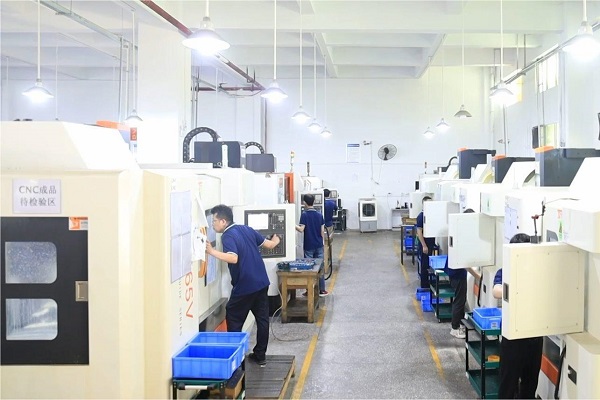
What Is CNC Turning
CNC turning is the process of removing material from a rotating workpiece using the linear path of tools on a CNC lathe. In a simple perspective, the main elements involved in this process are the rotating spindle in which your work part is clamped and the cutting tool that is mounted on a turret.
Learn More
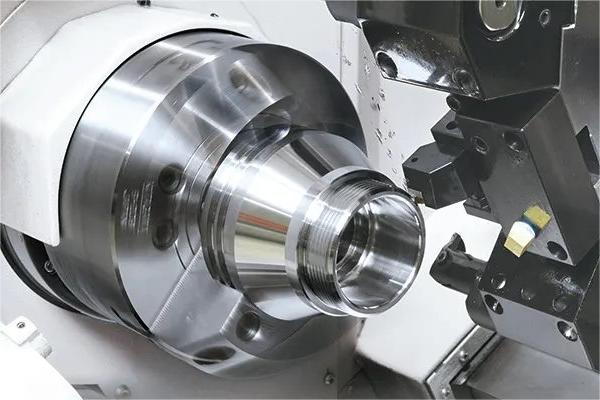
A Method for Calculating the Cost of Turned Parts
At present, the online CNC machining shop is widely used in the machinery industry, and it is inevitable to encounter some complex, special-shaped or similar hollow workpieces. When making such workpieces, it is a test of the experience and technology of the program and the machinist.
Learn More
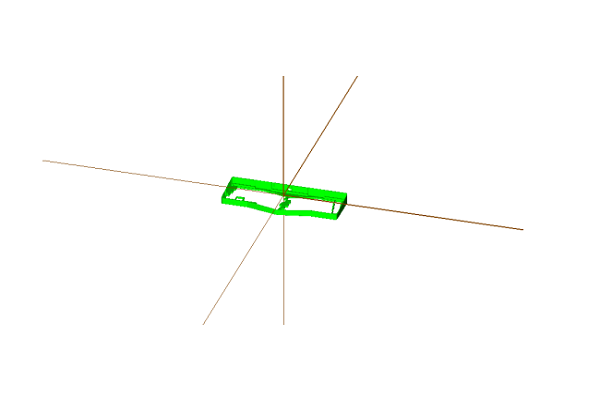
CNC Machining Complex Cavity Parts
At present, the online CNC machining shop is widely used in the machinery industry, and it is inevitable to encounter some complex, special-shaped or similar hollow workpieces. When making such workpieces, it is a test of the experience and technology of the program and the machinist.
Learn More
 Tel/WeChat:
Tel/WeChat:  Email:
Email: 
 Home
Home